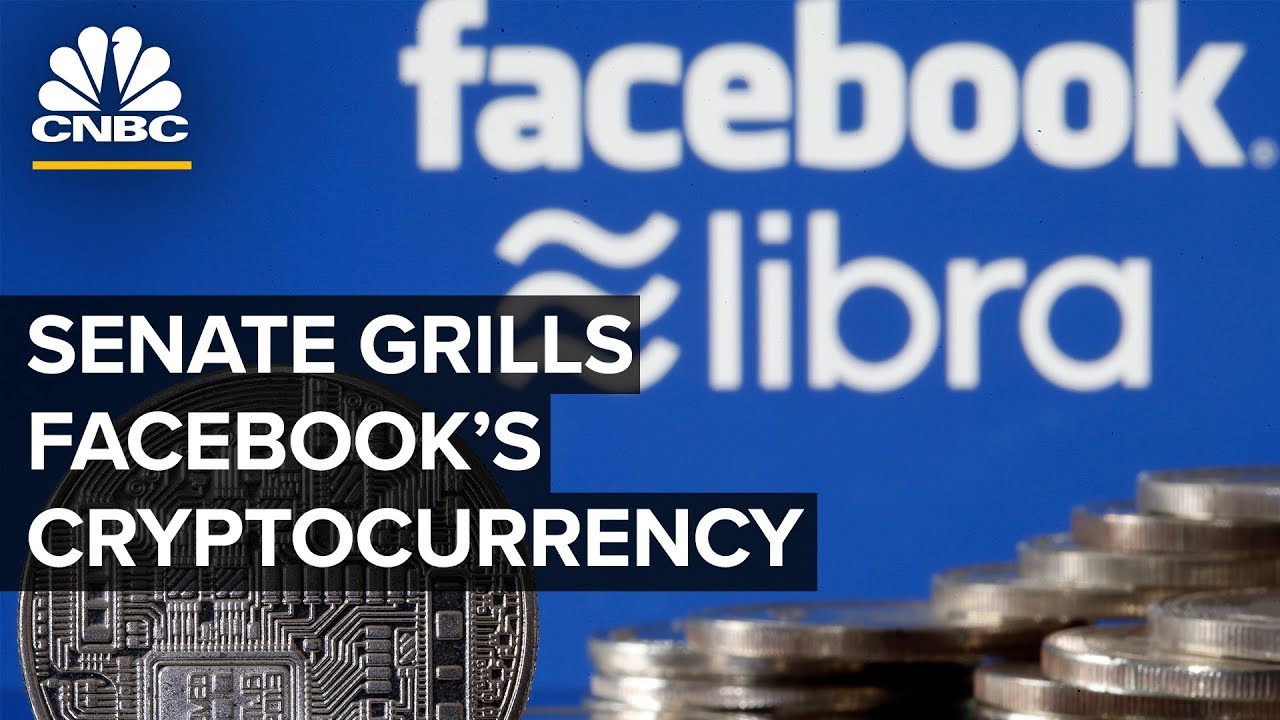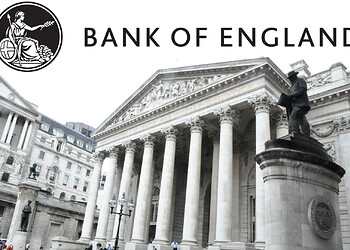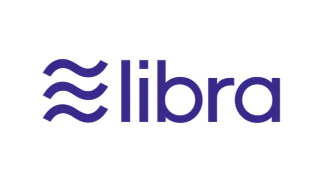It was back in June of this year that Mark Carney, governor of the Bank of England, set this particular ball rolling when he gave Libra a cool reception stating that Threadneedle Street would approach the digital currency with “an open mind but not an open door”.
He said the digital currency would have to meet the highest standards of prudential regulation and consumer protection, and address issues such as money laundering and data protection.
Libra has been promoted by Facebook as a freedom currency, to allegedly provide low cost online commerce and financial services to an otherwise unbanked population of over a billion people using, amongst others, its current Messenger and WhatsApp applications.
Despite this new cryptocurrency being developed alongside some of the world’s biggest payment companies it has still encountered substantial regulatory scrutiny in the US and Europe.
It is clear that the Cambridge Analytica scandal, Facebook’s management of its customers’ data and the company’s role in the spread of fake news and extremist videos is not so soon forgotten or indeed forgiven.
In part recognising these obstructions and in part seeming to offer an olive branch, the head of policy and communications at the Libra Association, Dante Disparte, emphasised the importance of the project’s backers, which includes the payment companies MasterCard, PayPal and Visa and Lyft and Uber, working together with regulators around the world in order to achieve a “safe, transparent and consumer-focused implementation of the Libra project”.
Perhaps such an olive branch was deemed necessary given the roasting that David Marcus (Mark Zuckerberg’s lead man on the Libra launch, AKA ‘Mr. Facebook Cryptocurrency’) received when he gave evidence in front of the US Senate Committee on Banking, Housing and Urban Affairs on 16th July this year.
He was categorically left in no doubt of the depth of the Senate’s anti-Facebook sentiments as they made it clear that FB “ doesn’t deserve our trust ” and in fact that it “ should be treated like the profit-seeking corporation that it is” .
As if all that wasn’t enough, most recently on 13th September we have had Bruno Le Maire French Minister of Economy and Finance Tweeting that "In the current conditions, we should refuse the development of #Libra in Europe while working on improving the efficiency of our common payment system. We should also work on the creation of a digital public currency”. Thereby making the French viewpoint on Libra crystal clear.
https://twitter.com/BrunoLeMaire/status/1172398134078529537?ref_src=twsrc^google|twcamp^news|twgr^tweet
So it seems that there is a lot more to do before Facebook can launch Libra into the world – back from the originally presented date of mid 2020 for sure – if they stick to their promise of holding back the launch of Libra until Facebook has satisfied concerns of regulators the world over.
Amusingly, I have to mention that regardless of all of the above, Facebook is still in fast forward mode on the technology side ahead of launch.
After more than two months in beta testing with 50 security researchers and block chain experts, they have thrown open the testing doors to Joe Public by announcing a Libra Blockchain Bug Bounty ranging from £500 to £10,000 dependent on the scale of threat from the bug discovered. Fancy a go?
But now to the real point of this post.
Shock horror - I for one do not see Libra as a threat to the economy, financial stability or sovereign currencies!
If you care to take a read through the Libra White Paper you may note tucked away on the last page the following statement of intent: “An additional goal of the association is to develop and promote an open identity standard. We believe that decentralised and portable digital identity is a prerequisite to financial inclusion and competition”.
It has been clear to all that Facebook’s business model since inception has been to harvest and monetise personal data.
These two brief and seemingly innocuous sentences tell me that nothing has changed here. By implication they tell me that the real aim behind Facebook creating Libra is to set the standard for global digital identities for the future.
It’s not control of finance they are after but something much more valuable - the control and global dominance of digital identity data!





